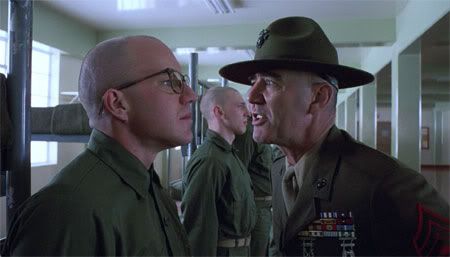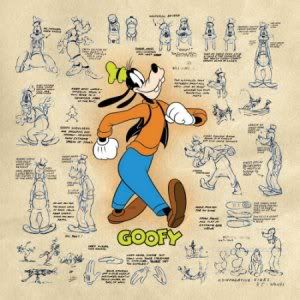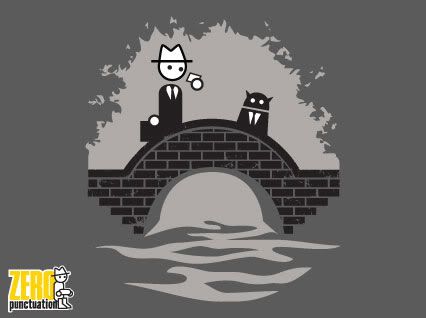
Let me introduce you to a friend of mine, if you don’t already know him. Meet Chuck. He doesn’t work at an electronics store, nor does he voice his opinions on bad Trek episodes. No, this Chuck does something truly special. You may believe that what we do, as writers, is an effortless mental orgy of creative alternatives leading to a jet-set lifestyle sipping Korbel and munching on rare delicacies while hopping from one public appearance to another, hard-pressed not to invite gushing fans into our luxurious hotel suites.
Chuck will now punch you repeatedly in the gut until that concept is out of your head.
Once you’re all done wheezing and coughing up… Wait, what is that? What the hell did you have for breakfast? Anyway, while Chuck might be a little over-the-top in making his point (I mean, really, are the brass knuckles necessary?) he does bring up something that might not be easily understood to folks who aren’t writers.
Writing takes effort.
And I don’t just mean ‘oh occasionally I get a little writer’s block.’ It takes a lot of effort. If you don’t put in the effort, Sergeant Hartman has some words for you:
Oh that’s right, Private Pyle, don’t make any fucking effort to get to the top of the fucking obstacle. If God would have wanted you up there he would have miracled your ass up there by now, wouldn’t he?
Inspiration, for me, hits all the time. I might be inspired to work on a new sci-fi RPG, or think up a way to transition Abrams’ new Star Trek storyline into a different medium. I might see, in my mind’s eye, how the next scene in the novel is going to play out, or the sort of transitions I want in my video project. But these ideas aren’t going to go anywhere unless I put in some effort. They’ll putter around in my brain indefinitely unless I do something to get them out. I, in other words, have to work.
It’s tempting, when holding down a day job, to return home and simply want to completely decompress. Spend time with my wife, pet my cat, eat pizza and watch something on television. After all, I’ve already spent most of the day working, why continue to work when I’m at home, when I’m not getting paid to work and am likely doing work nobody will ultimately care about?
Okay, omit that last part. That’s self-doubt talking and, taking a page from Chuck’s playbook, it needs a good punch in the gut. Yes, it requires effort to push oneself towards working after the work day is completed, and there is a very large world of people already experiencing success into which a writer is trying to break. But as I’ve said before, you won’t get anywhere in that world by sitting on your ass.
I know some of this stuff might seem a bit redundant, but it bears repeating, as much to myself as anybody to which I’d give advice: put in the effort if you want to see results. It can take a few steps to get up to speed again, by doing research or jotting down notes or fleshing out characters. But sooner or later, it comes down to putting words down on paper in a way that will make sense to someone else who hasn’t been keeping an eye on the story from its moment of conception.
Don’t forget that there are plenty of writers out there willing to offer help when it’s needed. Even if it’s a brass-knuckle punch to a tender spot.











